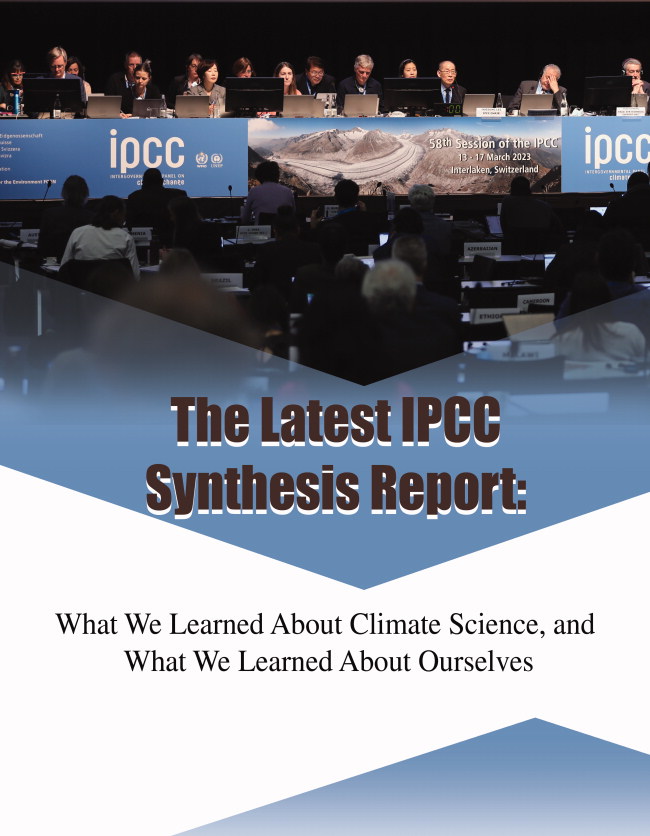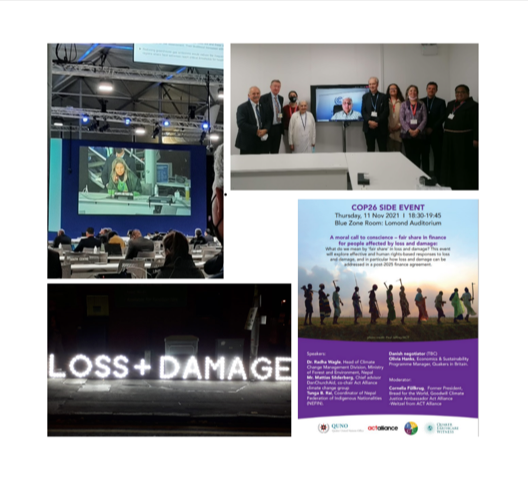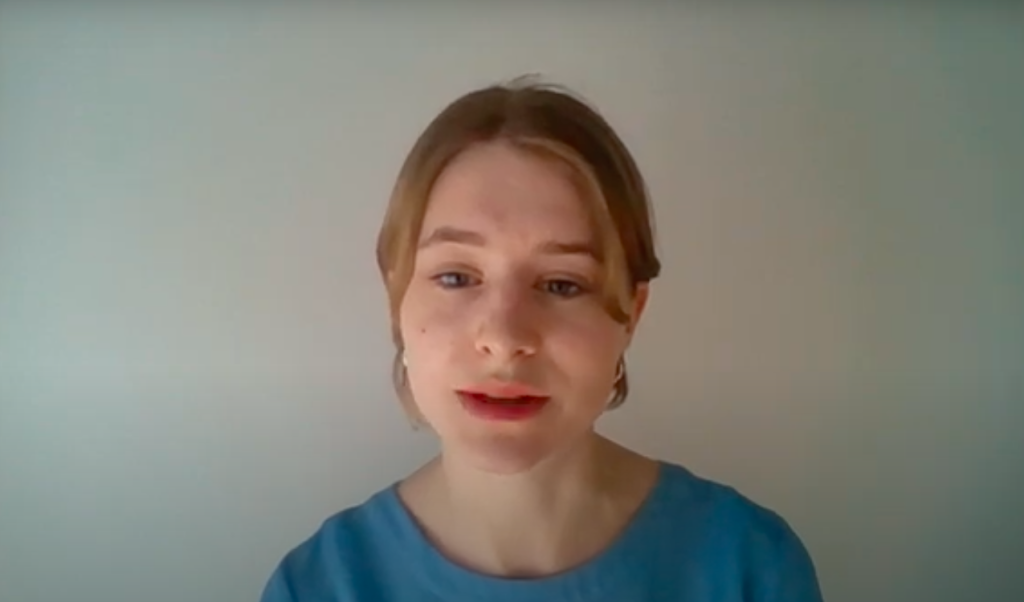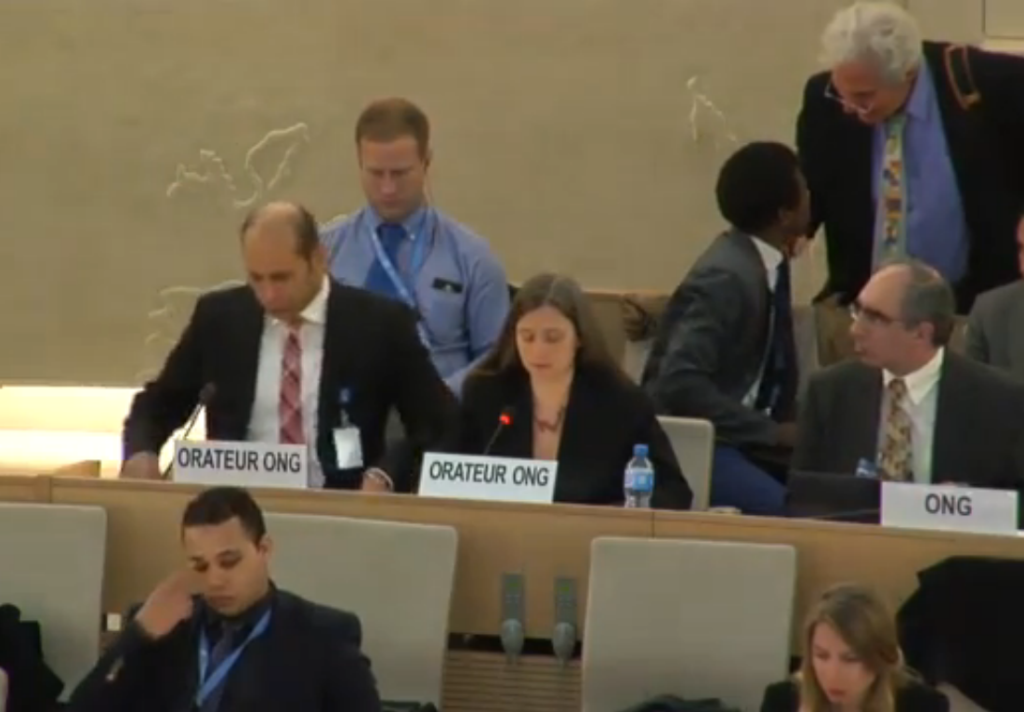Areas of work:
Climate Change as a Peace and Justice Concern

QUNO COP28 Resources and Analysis
QUNO's Human Impacts of Climate Change Programme attended the 28th Conference of Parties (COP28) in Dubai in November and December...
Read More

Climate change: beyond fear and into courage
The Quaker United Nations Office (QUNO) consistently monitors developments around climate change. QUNO approaches climate change as a peace and...
Read More

QUNO Briefing Paper for the Climate Negotiations under the UNFCCC: The Local Communities and Indigenous Peoples Platform
Quakers support Indigenous peoples’ rights, based on our commitment to peace and justice. We recognise the historical and ongoing injustice...
Read More

What Does Arctic Science Say About Climate Justice?
As part of the COP27 side event on climate justice in the Arctic co-hosted by QUNO, the Inuit Circumpolar Conference,...
Read More

QUNO joins submission to the Katowice Committee of Experts on the Impacts of the Implementation of Response Measures
The Human Impacts of Climate Change programme jointly made a submission to the UNFCCC’s Katowice Committee of Experts on the...
Read More

The QUNO Climate Change team during COP26: activities and reflections
QUNO was present throughout the entire COP26 in Glasgow, focusing on climate justice concerns, and strengthening ambitious, effective and fair...
Read More

Let us see what Peace can do: A shared statement by peacebuilding organizations
The International Day of Peace falls on 21 September each year and serves as a day devoted to strengthening commitments...
Read More

Statement on protecting human rights and the natural world presented at 46th Session of the Human Rights Council
At the 46th Session of the Human Rights Council, QUNO's Human Impacts of Climate Change programme submitted a statement welcoming...
Read More

Exploring Structural Barriers to Justice and Sustainability in Economic Systems
QUNO Representative for Sustainable and Just Economic Systems Joachim Monkelbaan contributed to the Friedrich-Ebert-Stiftung publication “Building Back Better: A Call for...
Read More

Quaker Conversations: Changing the World from the Top Down
QUNO was invited to lead the second session in the Friends World Committee for Consultation’s (FWCC) Quaker Conversations, FWCC’s monthly webinar series with Friends around the...
Read More

Working Paper: Exploring barriers to justice and sustainability in economic systems
This analysis is a work in progress that has been prepared as a working document by QUNO’s Sustainable and Just...
Read More

QUNO deliveres statement on climate change and child rights at the 34th Session of the Human Rights Council
QUNO climate change programme delivered an oral statement at the 34th Session of the Human Rights Council during the Panel Discussion...
Read More

Climate justice and the use of human rights law in reducing greenhouse gas emissions
This report looks at how human rights obligations can help support policies which lead to more successful and just efforts...
Read More

QUNO participation at the 31st session of the Human Rights Council
The 31st session of the Human Rights Council (29 February to 24 March) provided new opportunities for QUNO to raise issues...
Read More
